A clean break for the holidays
Updated: 2016-02-13 02:53
By Su Zhou(China Daily)
|
||||||||
A refreshing break for Spring Festival has taken on a new meaning as heavy smog in some areas has contributed to an increasing number of journeys being booked by those seeking cleaner air and water.
Zhang Jinfang, 28, a staff member at a government-funded research institute in Beijing, said she booked a family trip to Sanya, a popular city in the island province of Hai-nan, for Spring Festival. Apart from the undoubted attractions of sunny Sanya, her reason for going was that she wanted to escape the expected pollution during Spring Festival caused by fireworks.
"I am from Shaanxi province which is one of the most heavily polluted provinces in China. I am always worried about my parents' health," said Zhang. "During Spring Festival, the air pollution will be worse than on normal days because of the tradition of setting off firecrackers and fireworks. I am a frequent traveler. In the past, I would choose holiday destinations for their beautiful natural scenery or if they offered huge shopping discounts.
"After working to a hectic schedule in heavily polluted Beijing, there is only one thing I am looking forward to now and that is clean air."
Tourists like Zhang have increased business opportunities for travel agencies. According to online travel service provider Ctrip, since heavy smog hit China in early December, "escaping from smog" has become a popular theme for tourism products. Booking numbers during January and Spring Festival have soared compared with the same period last year.
Much of this demand has come, unsurprisingly, from areas where the air has been less than pristine.
"Cities, including Shanghai, Beijing, Nanjing, Tianjin, Hangzhou, Wuhan and Chongqing, account for the largest number of tourists who want to escape smog," said Yan Xin, publicity officer at Ctrip. "We noticed that when smog was getting worse, searches and booking numbers rose quickly."
Tourism destinations that offer a good natural environment and air quality are the beneficiaries, and these include Sanya, Kunming in Yunnan province, and Xiamen in Fujian province.
Tourists, Yan said, also prefer to include outbound trips to islands in their itineraries where they can enjoy a warmer climate besides the clean air and water.
Xu Xiaolei, spokesman for China Youth Travel Service, said the effect on tourism brought by smog would only persist for a relatively short period. But, Xu said, tourism for health reasons will be a driving force for much longer.
"Tour packages to escape from smog are only popular when the smog is heavy," said Xu, who pointed out that besides sightseeing, vacationing and shopping, health is also a factor.
"Medical tourism has been gaining popularity in recent years. The majority of affluent Chinese tourists live in first-tier cities, which have a tendency to experience all kinds of pollution."
This has brought rising opportunities for many cities that may not have much cultural heritage but do have an outstanding natural environment.
"Not all the cities are like Beijing or Xi'an which have a deeply resonant cultural and historical heritage. Tourists like to pay money to see the Great Wall or Terracotta Warriors," said Xu but pointed out that other, "natural and healthy", attractions are now being considered.
- General strike against pension reform brings Greece to standstill
- Madrid airport sounds alarm after bomb threat on Saudi plane
- Obama proposes new oil tax to fund clean transportation
- UN special envoy announces temporary pause of intra-Syrian talks
- Taliban kill 10-year-old hailed as militia hero
- Obama slams anti-Muslim rhetoric during first visit to US mosque
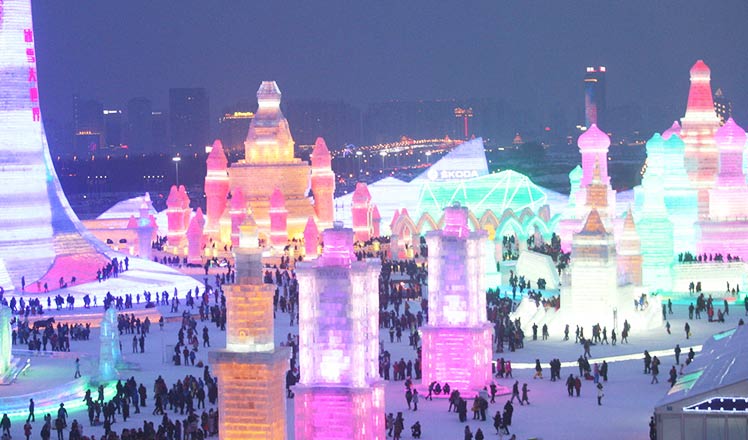
 Spectacular Harbin snow sculptures draw holidaygoers
Spectacular Harbin snow sculptures draw holidaygoers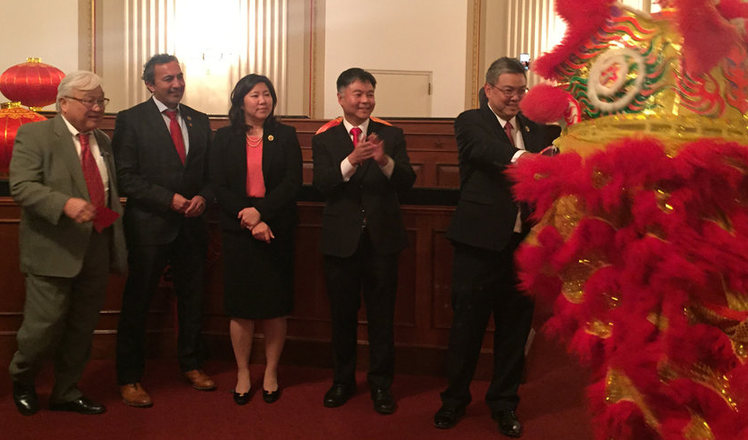
 First Capitol billing for Lunar New Year
First Capitol billing for Lunar New Year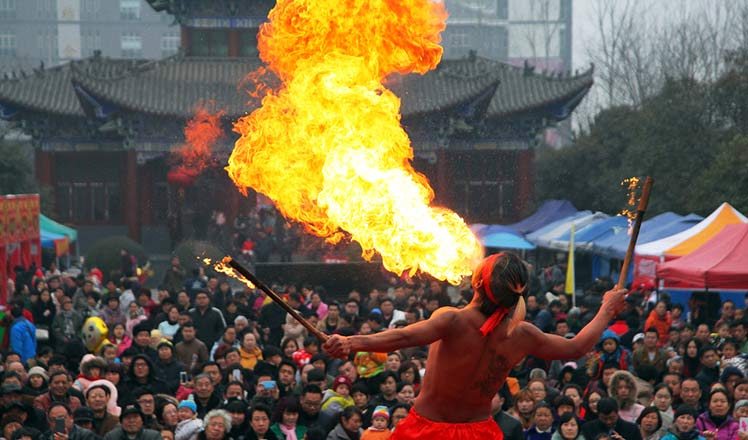
 All you need to know about China's Spring Festival temple fairs
All you need to know about China's Spring Festival temple fairs
 Special souvenirs
Special souvenirs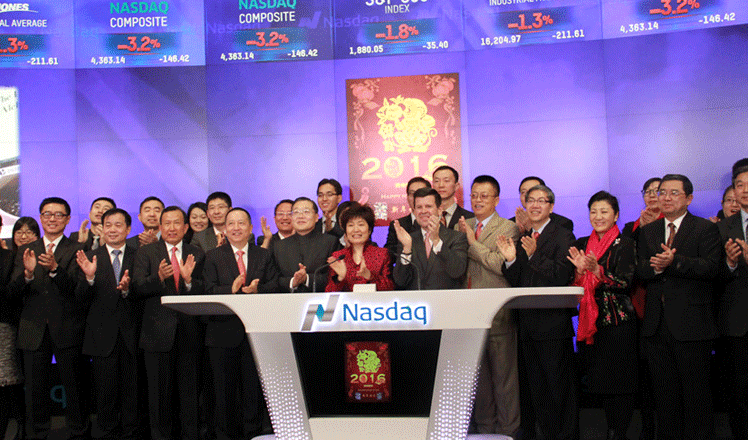
 Opening bell on Chinese New Year's Day
Opening bell on Chinese New Year's Day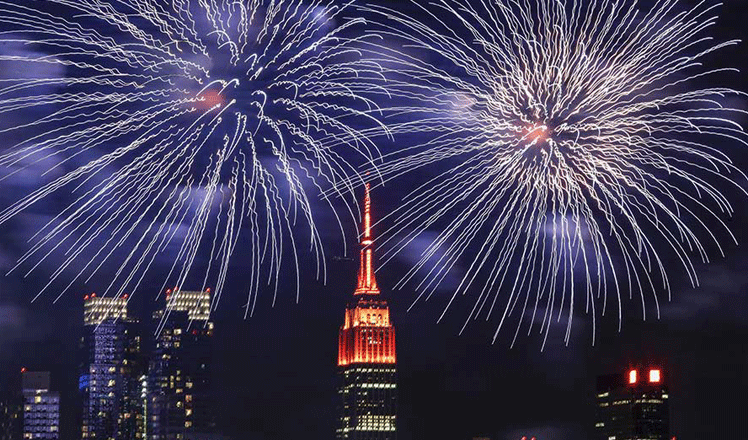
 The world celebrates Spring Festival with China
The world celebrates Spring Festival with China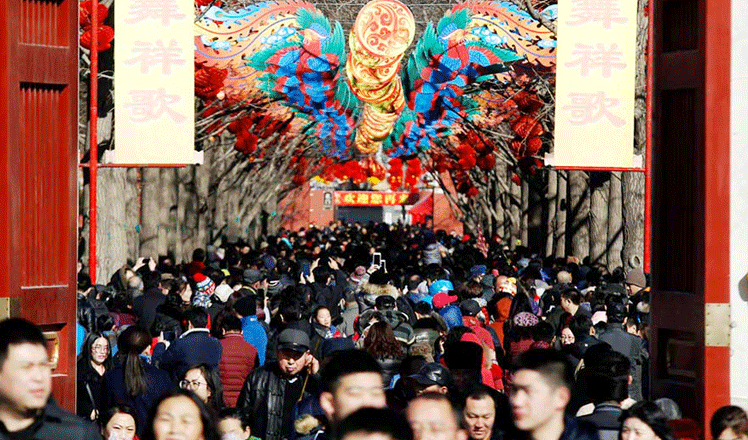
 Ditan Park temple fair embraces Chinese New Year
Ditan Park temple fair embraces Chinese New Year
 Xi Jinping grieves over Taiwan quake, vows aid
Xi Jinping grieves over Taiwan quake, vows aid
Most Viewed
Editor's Picks

|

|

|

|

|

|
Today's Top News
National Art Museum showing 400 puppets in new exhibition
Finest Chinese porcelains expected to fetch over $28 million
Monkey portraits by Chinese ink painting masters
Beijing's movie fans in for new experience
Obama to deliver final State of the Union speech
Shooting rampage at US social services agency leaves 14 dead
Chinese bargain hunters are changing the retail game
Chinese president arrives in Turkey for G20 summit
US Weekly

|

|








